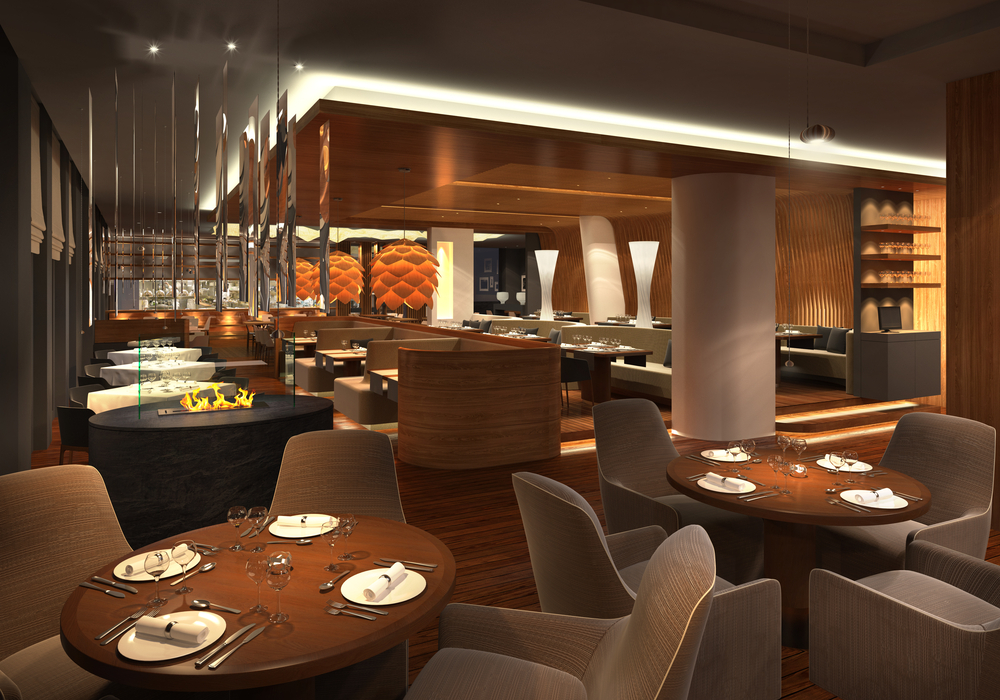A food safety culture is important for every restaurant, especially for the new ones. You need to dot all the I’s and cross all the T’s because no part of food safety is less relevant than the other.
For a new business, it is important to get an effective food safety plan. It helps to establish trust in your new customers and it also cuts down on how much is wasted because of wrong storage or preparation methods. It also ensures you stay open because there are laws and food regulations to follow.
Table of Contents
Find out about your local food safety laws
While a lot of food safety procedures generally apply, find out about the local laws. In New Zealand, for instance, the requirements of the Ministry of Primary Industry’s Food Act 2014 will have to be met by food businesses in New Zealand. If there are more food safety processes you would like to add, then you can do so.
Develop a checklist
You need a checklist peculiar to your restaurant. To create the ideal checklist for your restaurant, you need to tick all aspects of food safety that apply to you. Even though a general knowledge of every aspect of food safety must be pressed upon, if you have a restaurant that only makes dishes that contain fish, then you would need to have as much information as possible to put the right things in place.
Your checklist should focus more on the restaurant’s menu. To do this, make a list of all the ingredients required to make all the restaurant’s dishes and gather information about them; how to store them, how to know the best ones to buy, cooking them right, and so on. This would guide you on how to make sure you have the right provisions in place.
Your checklist should also include hygiene, which would cover every space in the restaurant; the kitchen, the bathroom, the sitting area, the outside space, if any.
Train your staff
You may not always have the time to oversee every single process for safety. Training your staff will ensure the restaurant area and all the processes are safe.
They need to understand the implications of not washing their hands properly, of storing meat at the top shelf in a fridge, of not sanitising the restroom area, and so on.
You could develop a training manual or outsource your staff training.
Include everyone in your training
Do not limit food safety training to your kitchen staff alone. If possible, train every member of your staff. That way, you have staff that understands your food safety culture and will consider it their responsibility.
Set a checkmate system
Set a system in place to help you monitor all aspects of food safety. This way you know what processes need to be added. You can also identify which member of staff has caught the food safety bug and the ones who need training. Applications like https://www.safefoodpro.co.nz can be of help in checkmating food safety in your new restaurant.
Provide proper equipment
Making sure the right equipment is in place would help in standardising your food safety processes. Calibrated thermometers, the right cooling systems, and cleaning equipment, for instance, would make the entire process easier. All of these have to undergo regular inspection for safety measures. You could try predating your inspection and maintenance routines to make it easier to follow.
Conduct inspections
Examine your safety processes to make sure your kitchen, sitting area, restrooms, and even outdoor space are in good shape. It would help to weed out any mistakes that are made during food preparation and storage. Third party inspectors can also give you a different perspective on the things you may have overlooked.
With a well-planned food safety culture, you can always be confident about the quality of your food and the safety of your customers.



















